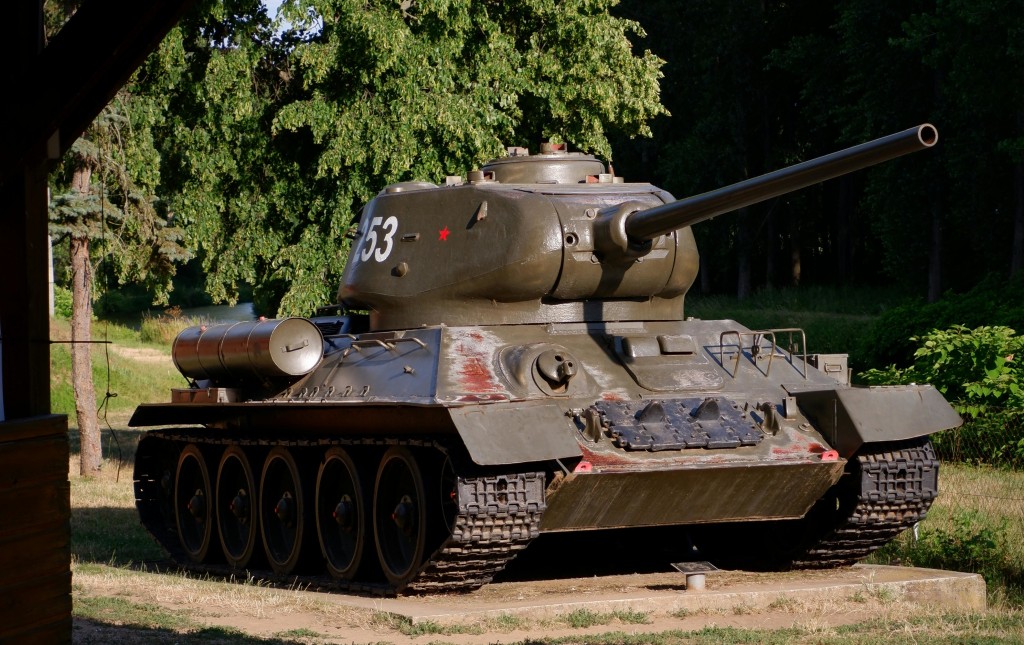In the runup to the D-Day anniversary, The Wall Street Journal reviewed the book Endgame 1944 by Jonathan Dimbleby. The book is subtitled How Stalin Won the War and details the fighting on the Eastern Front in the year in question.
The book is hot off the presses and I’ve not read it. Maybe someday I will. Until then, I’ll be content to take what I can from the aforementioned review; an exercise made timely by my recent return to the Eastern Front (even if only for the tutorial).
In an otherwise glowing review, the article’s author (Bertrand Patenaude, a research fellow with the Hoover Institution) is uncomfortable with Mr. Dimbleby’s dismissal of the Allies’ contribution vis-à-vis D-Day. While the sheer scale of Operation Bagration and the fighting on the Eastern Front would tend to support Dimbleby’s thesis, Mr. Patenaunde believes that credit is due in the West as well. The lack of recognition for America’s (and England’s and Canada’s) “greatest generation” probably wouldn’t bother me. We in the U.S. have given ourselves plenty of credit over the years for the Normandy invasion and will continue to do so. That one author neglects this contribution in service to his own thesis is hardly inappropriate.
Mr. Patenaude seems less bothered by another flaw that he mentions in passing. He feels the book should have ended by putting the Soviet occupation of Eastern Europe into its historical perspective; which it did not. Instead, Mr. Dimbleby seems to use the campaign of 1944 to justify Vladimir Putin’s current assault into Ukraine. Given the stakes and immediacy of what is an ongoing conflict, that would seem to be the more offensive slight. I’d probably best refrain from getting too deep into this… not having read the book.
Before I leave you for the day, though, there is one more aside in the review that really caught my eye.
In December of 1941, British Foreign Secretary Anthony Eden wanted to begin negotiating the post-war borders with the Soviet Union. The Germans were occupying large expanses of Soviet territory and Stalin was partly to blame, from a morality standpoint, having signed the 1939 Nazi-Soviet pact.
By the Yalta Conference, in 1945, the Red Army had retaken its lost territory and then some, the balance of power had shifted. Churchill was weakened, both personally and via the near-death experienced by his nation. For his part, Roosevelt believed Stalin would be cooperative in the establishment of a post-war peace and was willing to be deferential to him. Stalin, already negotiating from a position of military strength, dominated the settlement.
One has to wonder how different the world might have been had Stalin’s ambitions been contained at a time when that was possible.


Pingback: Old Forgotten Words or Ancient Melodies | et tu, Bluto?